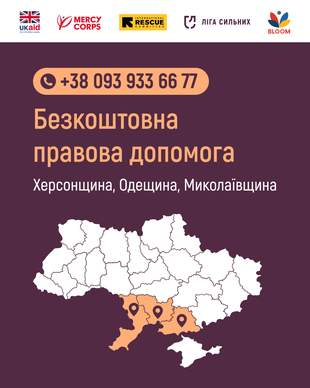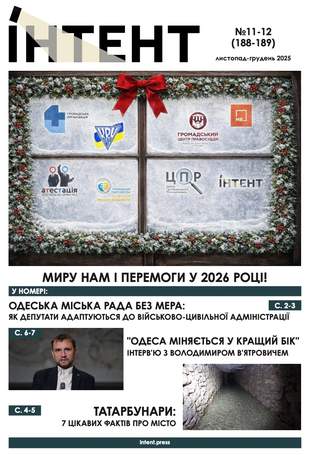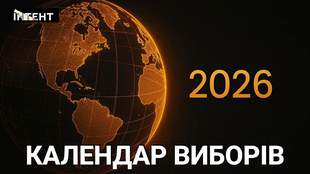Меню
Соціальні мережі
Розділи
May 17, 2024, 10:35 p.m.
Sponsors of the war: a company with Belarusian roots operates in Russia and makes money in Ukraine (investigation)
This article also available in English926
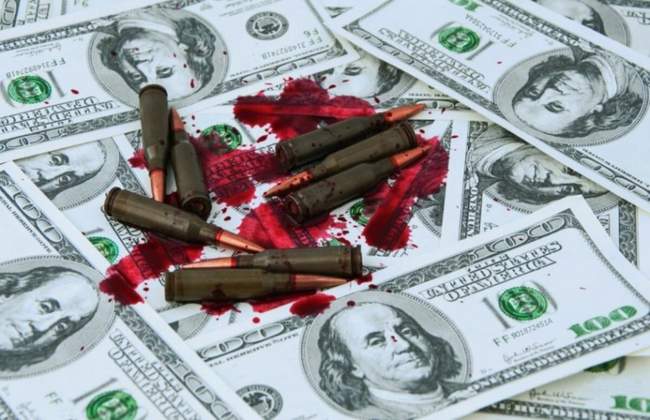
PHOTO: Telegraf
Since the beginning of Russia's full-scale aggression against Ukraine, the issue of restrictions on companies with ties to Russia has become quite pressing. Although Ukraine has previously imposed sanctions on certain Russian companies, this process became systematic in 2022. In particular, Ukraine banned Russian companies’ activities on its territory and decided to seize property owned by Russia and its residents. Moreover, those who continue to work with Russian businesses have been closely monitored.
However, this process did not actively affect companies from Belarus, although this country openly supports the aggressor—for quite some time, Russia would launch missiles at Ukraine from Belarusian territory, and Russian troops entered Ukrainian soil from there. Such loopholes are apparently used by some companies, continuing to operate on two fronts: making money in Ukraine while also working in Russia and paying taxes to the aggressor.
The Public Investigations Centre investigated how the restrictions mechanism works for the aggressor country's business and how it is circumvented.
Largest markets: Russia, Belarus... Ukraine?
"Silvano is expanding its business in Russia and increasing profits", reads the headline of a news article on the Russian portal Delovye Vedomosti dated November 2023. At that time, the Russian army was actively attacking the Ukrainian town of Avdiivka, destroying the town and killing Ukrainians.
The news article looks at Silvano Fashion Group's turnover, which generates most of its revenue from sales in Russia and Belarus. The turnover has decreased, yet profits have increased. The chain is also opening new stores in Russia.
What do we care if a company expands its business in Russia? The fancy name Silvano Fashion Group disguises a Belarusian lingerie manufacturer that entered the Ukrainian market long ago. Despite Russia's aggression against Ukraine and Belarusian leadership's active support of Russia, the company continues to operate in our market.
And this is only one side of the story. By increasing its profits in Russia and keeping production busy in Belarus, the company pays taxes to the aggressor countries that can further be used, in particular, against Ukraine.
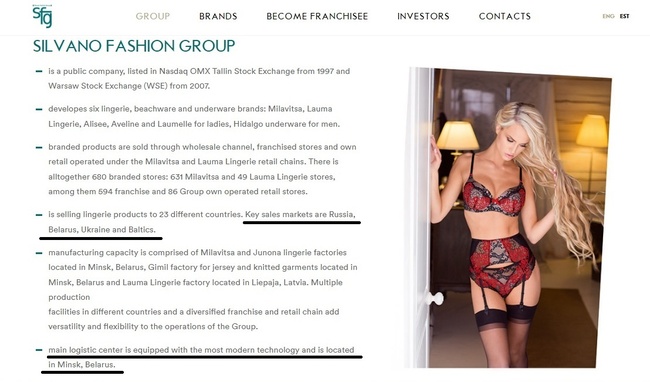
At the same time, the Russian news humbly omitted mentioning the Ukrainian underwear market. However, the company's official website openly indicates that although its products are sold in 23 countries, the key markets are Russia, Belarus, Ukraine and the Baltic states. The company's production facilities are located in Minsk (Belarus) and Liepaja (Latvia), while the main logistics centre is located in Belarus.
The Russian portal Rabota.ru has a tab with a Silvano Fashion profile. It says that the holding includes the Belarusian lingerie manufacturer Milavitsa, the Russian company Milavitsa, the Russian CJSC Silvano Fashion and the Latvian company Lauma Lingerie.
So, how does this company operate in Ukraine despite the war?
Using the Estonian owner’s documents
Silvano Fashion LLC was registered in Kyiv in 2005. Currently, the founder of the Kyiv company is the Estonian company Silvano Fashion Group, and the owner is Mari Tool, an Estonian citizen.
But this was not always the case. According to the YouControl analytical system, in 2005, three companies founded the company under the Milavitsa Trading Company name, including the Milavitsa Capital Trading Company registered in the Russian Federation.
Later, it was a Russian company that, for a long time, was listed as the founder of the Ukrainian seller of Belarusian lingerie. The Estonian company Silvano Fashion Group became part of the Ukrainian company only in 2011. Despite the war, the Ukrainian company’s operation has not been terminated, and it continues to sell Belarusian lingerie to this day. Apparently, the owner's European residence permit enables them to import goods into Ukraine without any issues, even during a full-scale war.
Sӓrgava Jarek is listed as a member of the board of directors of the Estonian company Silvano Fashion Group, which has been on the market since 1996.
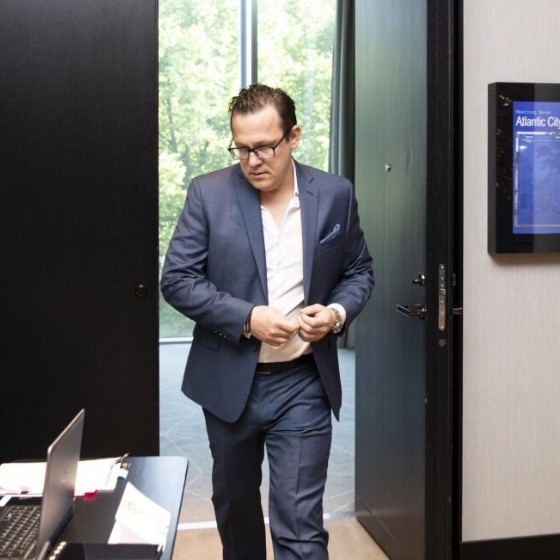 Sӓrgava Jarek. Photo from LinkedIn
Sӓrgava Jarek. Photo from LinkedIn
The company's capital amounts to EUR 3.6 million. Notably, the company's related parties include a certain Toomas Tool, who is likely to be a relative of the Ukrainian owner of Silvano Fashion LLC. He was accused of securities market fraud in Tallinn in the 2010s. According to local media reports, the couple lives in Monaco.
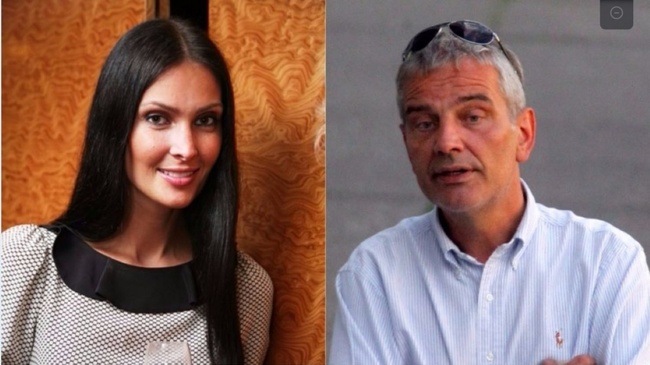 Mari Tool and Toomas Tool. Photos from open sources
Mari Tool and Toomas Tool. Photos from open sources
The Milavitsa online store in Ukraine says that the company's stores operate in 13 cities, including Kyiv, Odesa, Kharkiv, Ternopil, Lviv, etc. The website assures customers that the lingerie presented in the stores is made at a Belarusian factory. The company has warehouses in Kyiv, Kremenchuk, Kharkiv, and Dnipro. All these cities are under regular shelling by the Russian occupiers.
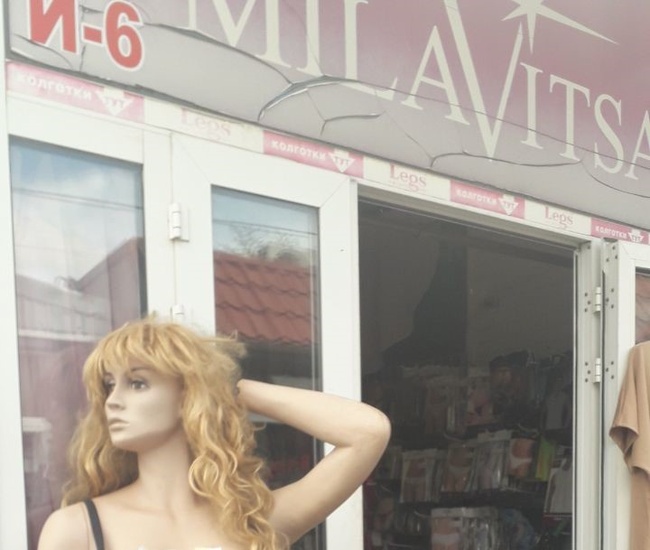
Photo: Milavitsa store in Odesa
Yet, it seems that the full-scale war did affect the company's turnover in Ukraine. For example, Silvano Fashion LLC has seen a significant revenue drop compared to previous years. The company's revenue in 2021 was over UAH 50 million, while in 2023, it was only UAH 6.2 million.
We contacted both the Silvano Fashion Group head office and the Ukrainian branch to comment on the company's work in Russia and Belarus despite the war. Our letters were not answered at the time of this article's publication.
Unfortunately, such stories are not uncommon in Ukraine. According to the lawyer Danylo Hloba, Deputy Director of Legal Affairs at YouControl, the analytical system's latest research shows that over 20,000 companies in Ukraine have ties with the Russian Federation. About a thousand companies are connected to the Republic of Belarus. However, the expert emphasises that the data is changing, as many of the risk-associated individuals have already withdrawn from the founders.
Since the beginning of the full-scale aggression, Ukraine has introduced restrictions on transactions with companies linked to the Russian Federation. This means that it is extremely difficult to re-register a company with a notional Russian owner, as notaries cannot carry out the re-registration procedure. However, such restrictions do not apply to founders from Belarus.
But what is the connection between the Ukrainian company Silvano Fashion and Russian and Belarusian companies.
Business in Russia and Belarus
There are two companies in Russia that are part of the Estonian Holding Silvano Fashion Group. These are the Capital-city Trading Company Milavitsa, which founded the Ukrainian company in 2005, and CJSC Silvano Fashion. While the former paid insignificant taxes in 2022, the Russian company Silvano Fashion officially brought in RUB 199 million in taxes and another RUB 45 million in contributions to the Russian coffer. Given that last year, the company's profits grew by almost a third. This means that the taxes they contribute to the Russian budget in 2023 are likely to have also increased. The founder of the Russian Capital Trading Company Milavitsa is the aforementioned Sӓrgava Jarek. The founder of Silvano Fashion CJSC is Sergei Kruglikov.
It was impossible to find financial data on the Belarusian factory Milavitsa. The company's official website says that Natalia Vernikovskaya is its director. The company’s contact details include not only the Belarusian and Russian representative offices but also the contacts of the Ukrainian company.
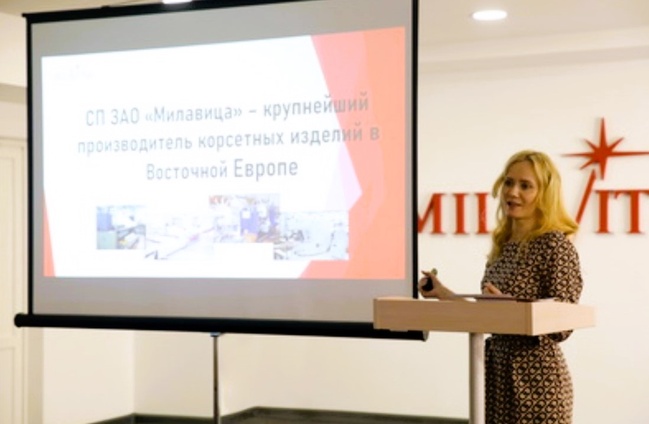 Natalia Vernikovska. Photo: photobelta.by
Natalia Vernikovska. Photo: photobelta.by
Vernikovskaya is a member of the Belarusian Association of Light Industry Enterprises Board. The association's website regularly publishes news about Belarusian dictator Alexander Lukashenka and his government, so it can be assumed that business in the Republic of Belarus does not exactly go against the authorities' actions.
Expert Danylo Hloba emphasises that, according to Ukrainian legislation on financial monitoring, there is an obligation to report ties with the aggressor country, the Russian Federation.
In addition, since 2023, the National Bank of Ukraine has regulated the entities to disclose information about clients' ties with the state that is carrying out armed aggression against Ukraine. It requires banks and foreign bank branches to expose the ties of clients and counterparties with the state that is carrying out armed aggression against our country. The expert emphasises that the state delegates to the banks a certain detective function – they should not just analyse the register of legal entities but also track down the entire chain of the company’s beneficiaries and controllers.
Danylo Hloba explains that banks must, among other things, identify business relations with citizens or legal entities of the aggressor state.
"We have only one aggressor state (defined by lawmakers – ed.), but there are many more aggressor state’s agents. This includes the Republic of Belarus, Iran, many other countries, and offshore islands that either support the Russian Federation in the UN Security Council vote or abstain. Consider China: it takes a pro-Russian position; I would say, clearly not pro-Ukrainian. It refuses to supply the same drones directly to Ukraine, but the Russian Federation has no issues with getting those drones. I think this could be the next wave of restrictions. It may also include Turkey. But we need to assess this risk." Danylo Hloba
At the same time, economic expert Anton Shvets emphasises that companies cannot be sanctioned just for continuing to operate in Russia and Belarus. However, they face reputational risks:
"Ukrainian and Western investigators and media are closely monitoring Western firms that promised to withdraw from Russia but did not do so. For example, after two years of pressure, Raiffeisen Bank started withdrawing from Russia. We have seen the option of "the matter of large tax contributions" as grounds for sanctions for some individuals, for example, Putin's oligarchs, but this is more of a pretext for sanctions than a real reason. If a company does not work directly with sanctioned companies, does not supply dual-use goods, and does not have people affiliated with the Kremlin among its owners, it has virtually no chance of being sanctioned for working in Russia."
And while the civilised world is slowly imposing restrictions on companies operating in Russia in response to the full-scale aggression in Ukraine, some companies continue to actively operate in Russia, Belarus, and Ukraine simultaneously, sponsoring the war. Perhaps the Ukrainian government should finally pay attention to such companies.
Олена Чернишова
